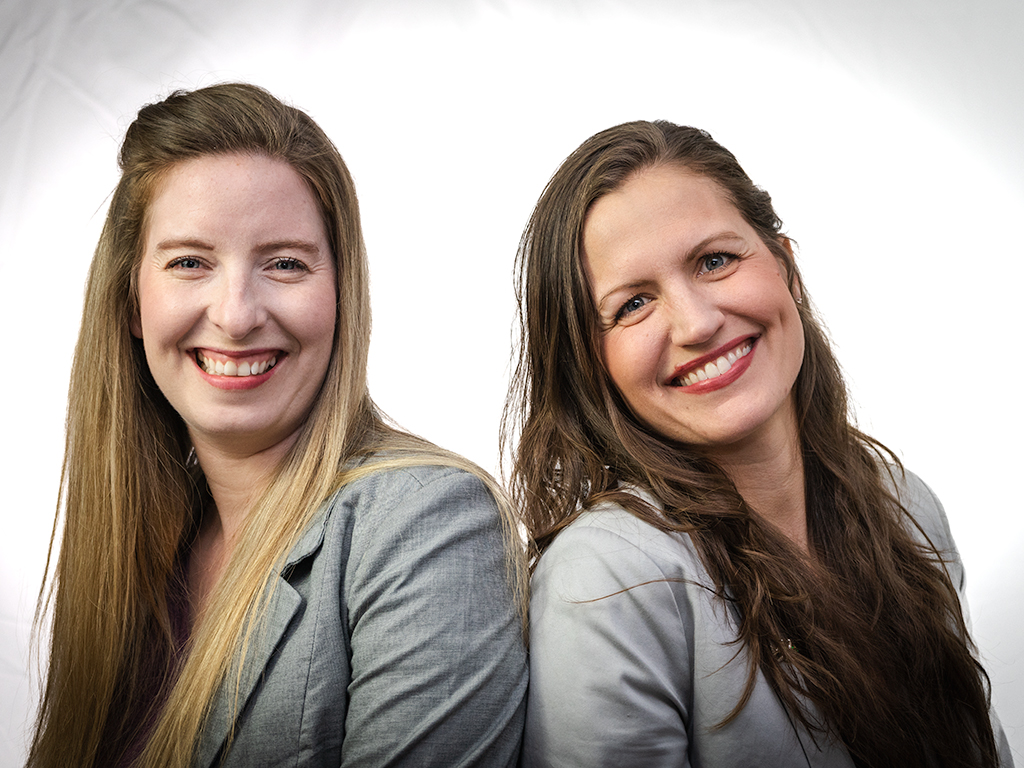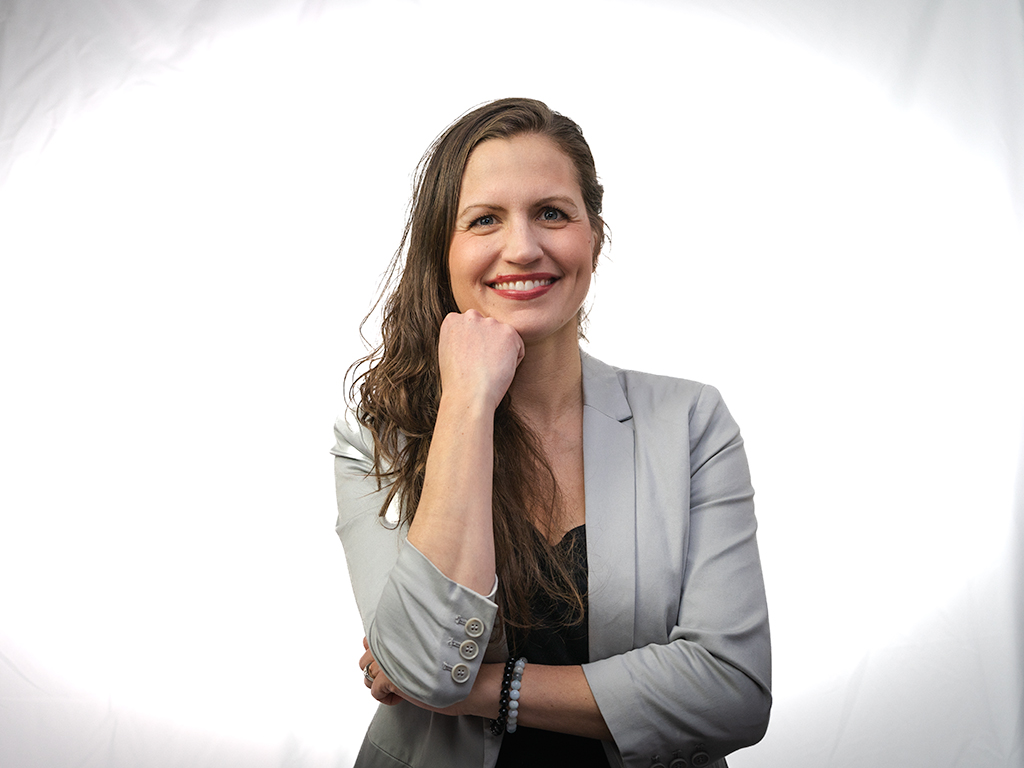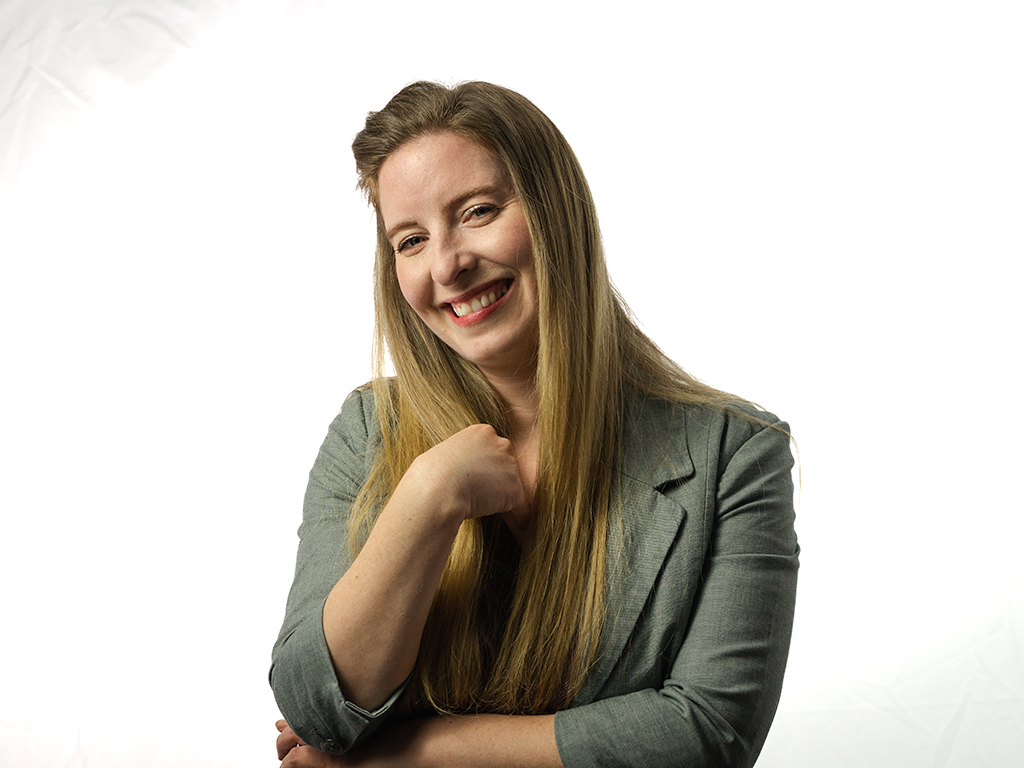About Critical Friendship

Critical friendship is a form of professional development where two people who have an understanding of each others’ work contexts develop a friendship that spans the workplace and beyond. Within a critical friendship, members are trusted to listen, be vulnerable about the workplace challenges they face, and seek compassionate responses from their critical friend. Critical friendship is a research-based practice (Baskerville & Goldblatt, 2014; Brewer & Wideman-Johnston, 2021) that has been recognized by the Ministry of Education (Ontario Ministry of Education, 2014; Zegarac, 2016) and can be implemented successfully across the field of education. Critical friendship empowers educators’ growth by actively demonstrating the possibilities of what can be achieved together. Our critical friendship programs develop the critical friend within each educator, prepare educators to engage in critical friendships, and support educators in becoming the leader they strive to be.
Educators need to be in positions where they have active opportunities to engage in conscious and reflective practice. Critical friendship offers the platform for members to engage in authentic conversations that are based in experiences that support praxis. Within the process of critical friendship, educators clarify and refine their values in relation to the educational community in which they belong. Critical friendship is a holistic process that supports educators’ efficacy to meet individual needs and the communities in which they serve. Critical friendship offers a means to create meaningful relationships in professional contexts that empower members to fulfill their capacity, problem solve, and continue to strive in their careers.
Authors

Dr. Taunya Wideman-Johnston
Dr. Taunya Wideman-Johnston is a social scientist, speaker, and advocate. She is the author of The Extraordinary Gifts: My Life with a Chronic Illness. Taunya has a philosophy doctorate in educational sustainability. Her graduate research focused on reframing disability with a strength-based perspective. Since 2010, Taunya’s research and teaching expertise includes disability studies, child learning and development, and health and wellness. Alongside her doctoral research, Taunya concurrently began studying critical friendship in academia and has expanded her focus to include educational leadership. Taunya’s research has been published in several academic journals and presented at national and international conferences. Taunya’s commitment to self-advocacy as a person with a disability has been featured on recurring national news segments related to chronic health conditions, disabilities, ostomy awareness, and infertility. Taunya lives in Ontario, Canada with her husband and their children.

Dr. Courtney A. Brewer
Dr. Courtney A. Brewer is a teacher and research enthusiast. Courtney has taught Kindergarten, graduate studies, and everything in between. In 2013, she began devoting her research expertise to studying critical friendship in education. Courtney has a philosophy doctorate in critical policy, equity and leadership studies in education. Her doctoral research focused on supporting refugee mothers as they transitioned their children to school. This work received the SSHRC Joseph-Armand Bombardier Canada Graduate Scholarship. Courtney’s research has been widely published and includes a co-edited a book entitled Immigrant and Refugee Students in Canada. She has presented her work at national and international conferences, and has developed the YouTube channel “CourtneyAnnePhD” to bridge gaps in research and practice in education. Courtney lives in Ontario, Canada with her husband and four children.
